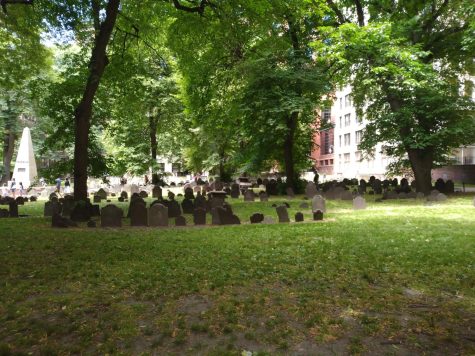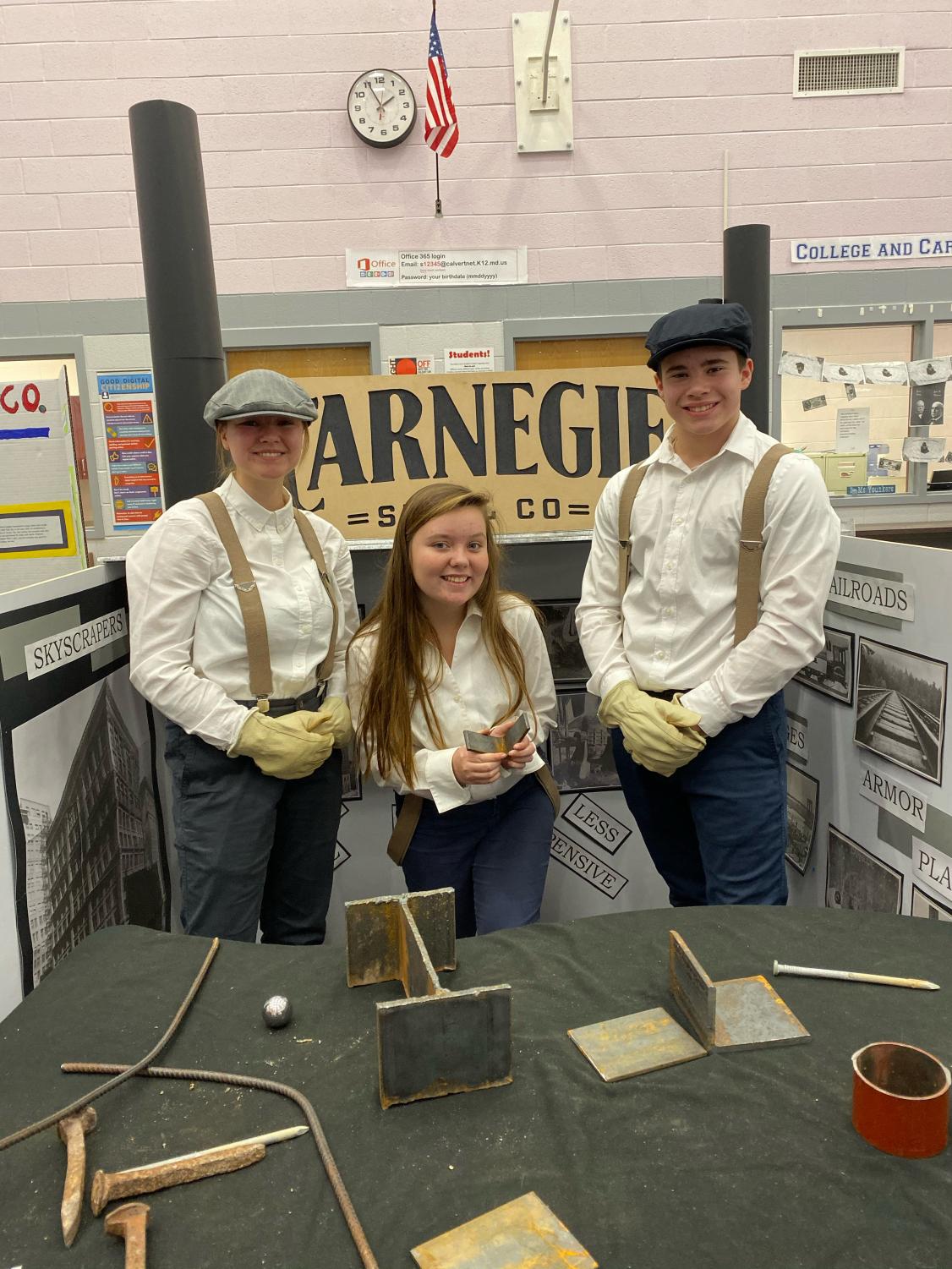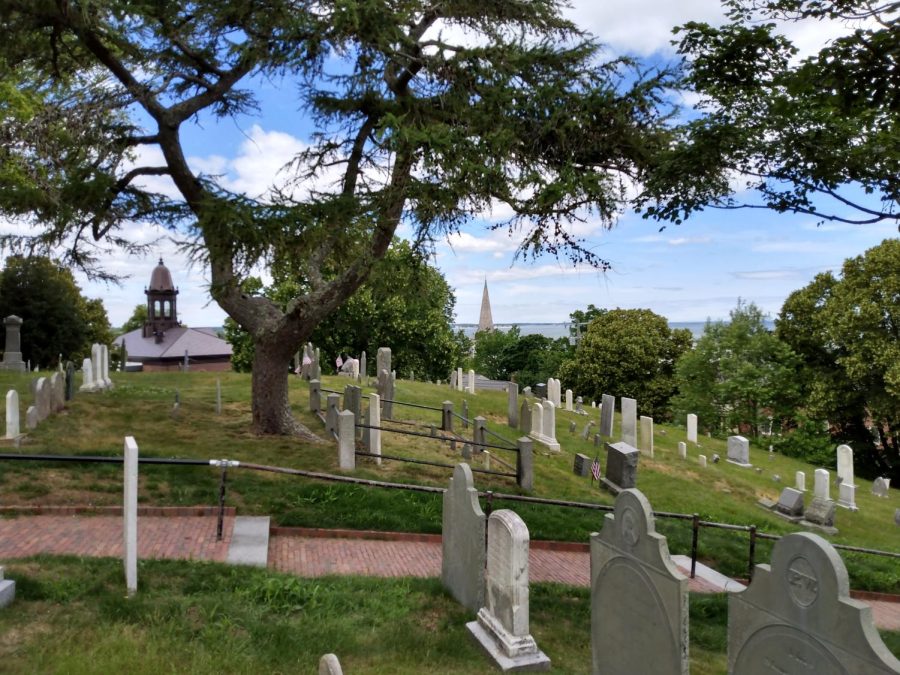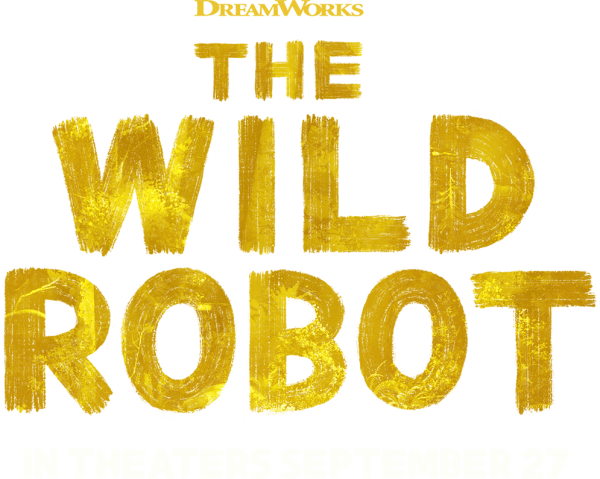A Thought on Graveyards
Historic cemetery at Plymouth, MA
Pop culture has instilled an underlying creepiness in old graveyards. From Scooby-doo to the poetry of Edgar Allan Poe, cemeteries are regarded as being filled with ghouls and are to be avoided – especially at night. Do graveyards deserve this portrayal?
Last summer, my family took a trip to Massachusetts. Besides the great weather and awesome architecture, there was a historic element I found appealing. We got to see the graves of individuals foundational to the American Revolution, including some of my own ancestors and relatives. These historic cemeteries in Boston and Plymouth reflected the lives of those interred and demonstrated the development of those areas since the late seventeenth century. Some graves had intricate ornamentation. Others told stories. Size varied, along with the level of preservation. You could guess as to the etymology of peoples’ names. I found this all fascinating.

Cemeteries also carry historic implications. Ms. Elizabeth Brant, who works at Jefferson Patterson Park, said, “I studied archaeology and now work… at a museum focused on local history. Cemeteries are really important because a lot of information can be recorded on headstones. A person’s full name, birth and death dates, and often their family members are all listed. We can also learn about what happens to a population – for instance if there is something that causes a high death rate like diseases or conflicts.”
Headstones have often been made available online by volunteers who upload pictures to sites like BillionGraves or FindaGrave. These have been helpful to me countless times in genealogical research. Especially in areas or periods where there wasn’t consistent record-keeping, sometimes you’ll have a headstone for a child who died in infancy and there will be literally no other record of his or her life. I wouldn’t know to include such individuals in my family’s records without cemeteries like these.
Graveyards should be universally considered a treasure-trove of information, regardless of the degree to which an individual subscribes to the pop culture portrayal. There’s nothing wrong with having cultural clichés, but recognizing both sides is important in the quest of historic preservation.






